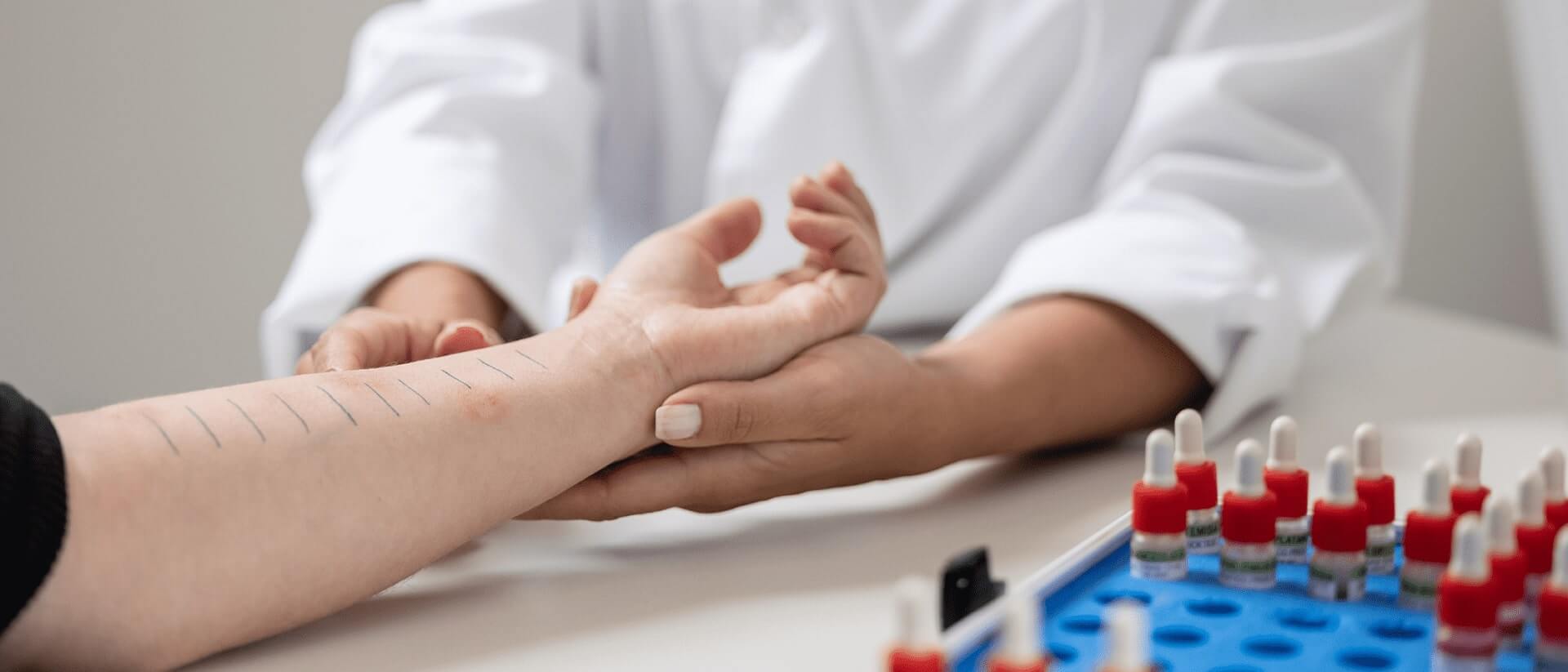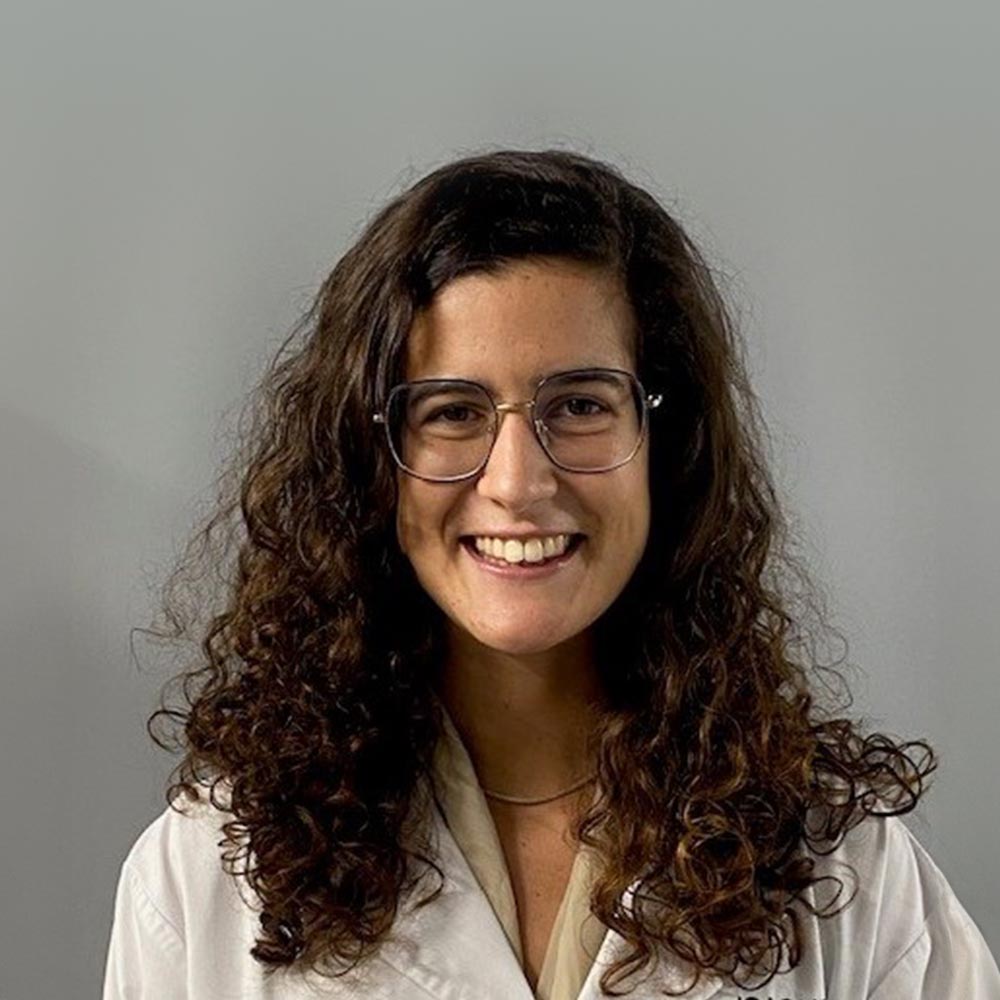Clinical Immunology / Allergology is the medical specialty dedicated to the study and treatment of allergic disorders and diseases that compromise the immune system. Allergists deal with the prevention, diagnosis and treatment of food allergies, respiratory allergies, skin allergies, drug allergies and insect allergies.
Allergies are the immune system’s adverse reaction to substances that we should be able to tolerate. We call these substances allergens, which come into contact with hosts through inhalation (breathing), digestion, the skin or general contact. The most common examples are dust mites, pollen, animals, fungi, food and insect venoms (hymenoptera), drugs and other chemical products.
When the immune system is exposed to one of these allergens, it produces a combination of antibodies and cells, triggering various inflammatory mechanisms that lead to the appearance of symptoms. Allergy symptoms can affect the respiratory system, digestive system, the skin and even the whole body (called a generalised or systemic hypersensitivity reaction, such as anaphylaxis, which is the most severe and life-threatening allergic reaction).
Allergies can appear at any time of the year and in any stage of life, afflicting all ages, from newborns to the elderly. Allergic reactions and their severity depend on the type of allergen, the method of exposure and each person’s genetic and environmental makeup.
When we talk about respiratory allergies, we immediately think of the most common allergic diseases, namely allergic rhinitis and allergic conjunctivitis, which affect one in five people all over the world. Rhinitis is characterised by nasal congestion and mucus, frequent sneezing and nasal itching, as well as coughing. On the other hand, the symptoms of conjunctivitis are itchy, watery eyes, burning and pink eye. As it is very common for people to have combined symptoms of rhinitis and conjunctivitis, this condition is called rhinoconjunctivitis. On the other hand, many patients suffering from rhinitis are also afflicted with headaches, facial heaviness or pressure, thicker mucus and an impaired sense of smell, which can indicate that they may also have sinusitis – this is rhinosinusitis.
Another common allergic disorder is asthma, a chronic respiratory disease with the highest increase in cases in the last thirty years. It is estimated that one in twenty people worldwide suffers from asthma. Symptoms include shortness of breath, coughing, wheezing (whistling sound when breathing), chest tightness or pressure (which can worsen with physical exertion), and can be triggered by the cold, night, laughter, infections and exposure to allergens. Asthma can appear as early as infancy, when the most important risk factors are a family history of asthma, allergy and exposure to tobacco, but may also occur at any age.
When we talk about skin allergies, we should consider some of the following situations:
- Hives: raised red skin lesions (welts), that itch and can last from minutes to hours, and are acute if they last up to six weeks, or chronic, if they last more than six weeks;
- Angioedema: swelling of various regions, such as the eyelids, lips, hands or feet, among others;
- Atopic dermatitis or atopic eczema: the most chronic skin disease in infancy, but which can appear at any age, characterised by dry skin, red, itchy and rough lesions, which vary in location, and in a chronic phase make skin thick and scaly;
- Contact dermatitis or contact eczema: skin lesions caused by a specific agent through direct contact.
Finally, there is Anaphylaxis, the most severe and potentially fatal allergic reaction, which affects the whole body with symptoms in various organs or systems. This reaction is rapid in onset, in a period that can range from minutes to hours, with various symptoms occurring simultaneously, such as: hives, angioedema, congested nose, sneezing, coughing, shortness of breath, nausea, vomiting, abdominal pain, diarrhoea, low blood pressure, dizziness, and even loss of consciousness.
In the case of food or drug allergies, these may appear at any time, even with products that we have always eaten or taken without ever having triggered an allergic reaction. The symptoms of food or drug allergies range from skin, respiratory, gastrointestinal and systemic symptoms, to anaphylaxis.
Allergies are a public health priority, and cases have been increasing. Currently in Europe, approximately 8 to 10% of the population (over 24 million people) suffers from asthma, while allergic rhinitis remains the most common allergic disease – affecting around 35 million Europeans.
At our Carcavelos, Cascais, Miraflores, Moscavide, Entrecampos and Sintra medical clinics, you will find teams of qualified professionals to accompany you in the prevention, diagnosis and treatment of several types of allergies. In our units, you may undergo various types of allergy tests, pulmonary function tests and a complete laboratory test panel, in the field of immunity and allergies, which are essential for the allergist to study your molecular allergy profile and choose the best treatment for each case.




